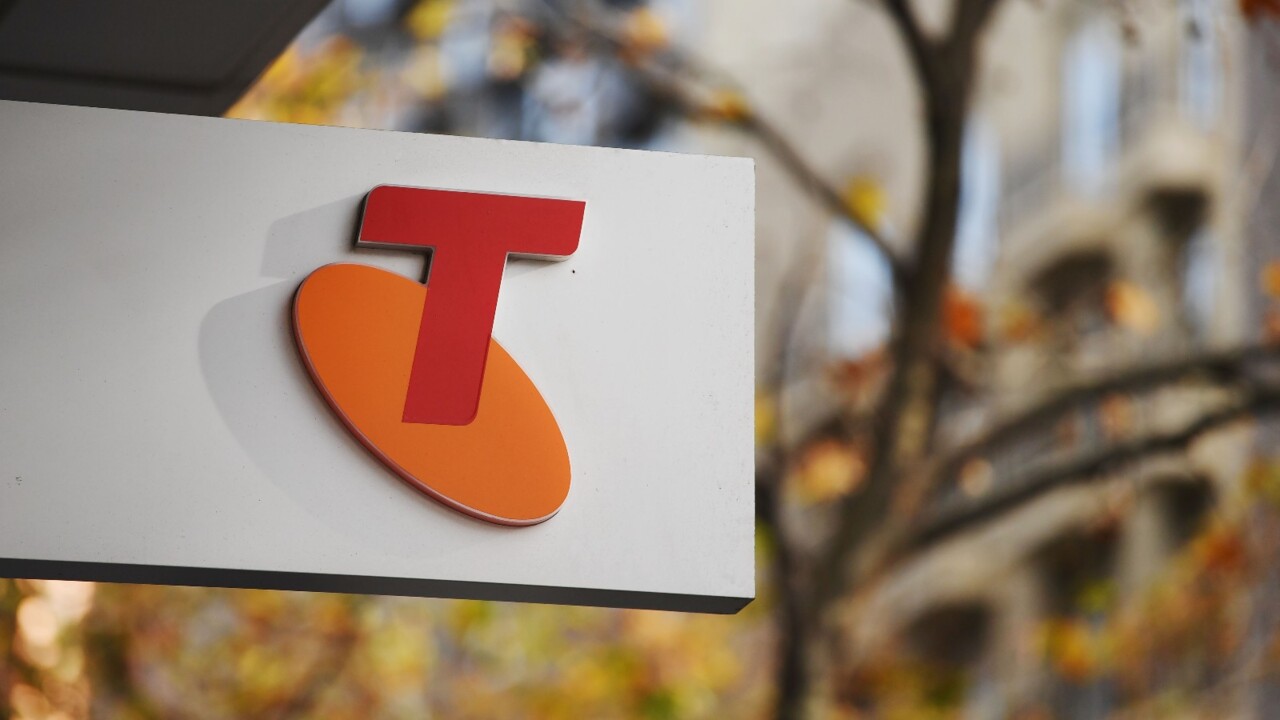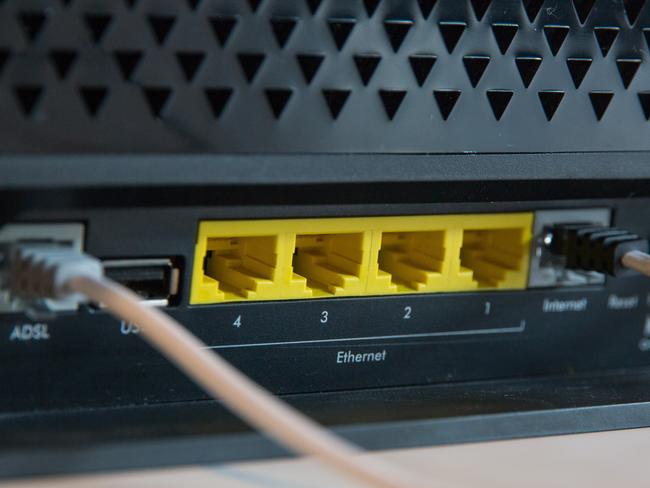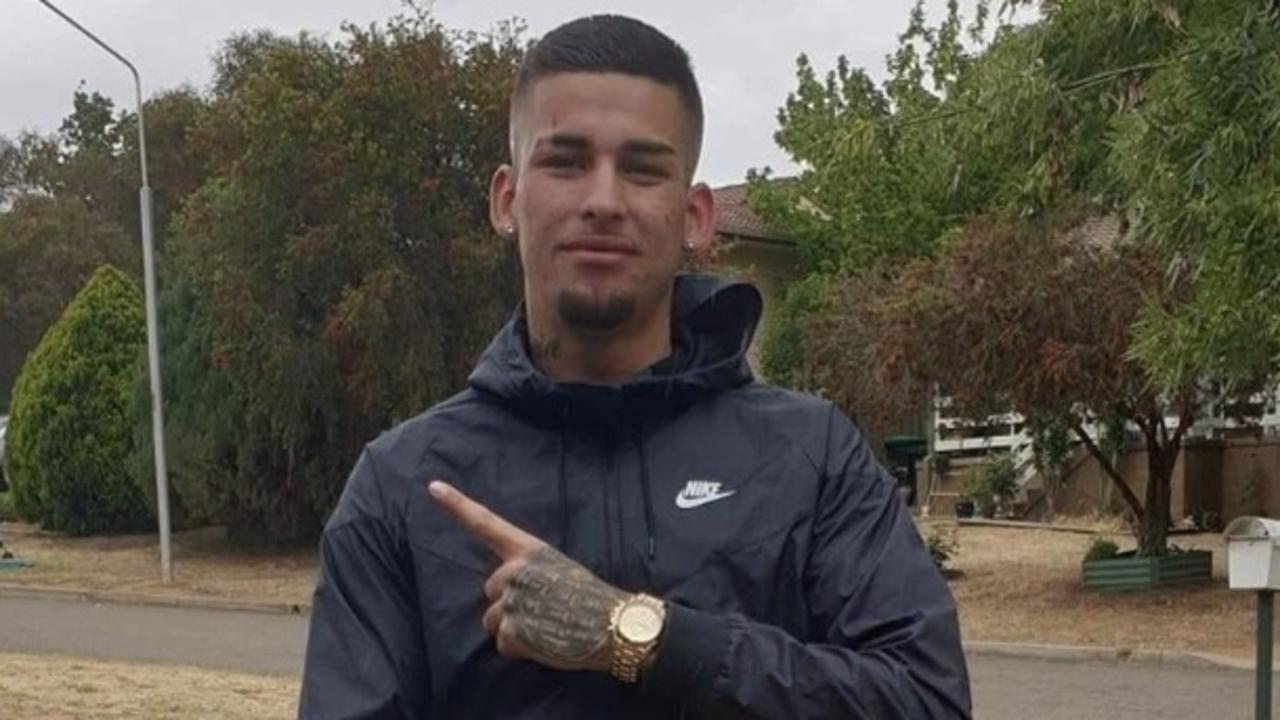Western Sydney’s shockingly bad internet speeds revealed
An MP is demanding urgent action after a study laid bare the shockingly bad internet speeds in some parts of western Sydney.

Blacktown
Don't miss out on the headlines from Blacktown. Followed categories will be added to My News.
More than half of households in Mt Druitt, Fairfield and Liverpool don’t have access to reliable home internet, according to a study.
The result is residents are required to use their mobile connections for work and play.
The findings have led Greenway MP Michelle Rowland to claim Morrison has failed Sydney’s west when it comes to ensuring there is adequate internet connections.
She now wants a greater focus on providing the region with the connection it needs.
The stark figures come from Wester’ly, a grassroots movement of community organisations advocating for digital inclusion in Sydney’s west.
Its latest data found Mt Druitt, Fairfield and Liverpool to have among the least reliable internet speeds and connections in the city.
Around 50% of households have such bad internet that users are turning to their mobile devices for connections.

The findings for Mt Druitt are mirrored by a recent Blacktown Council study which found internet access is a major issue plaguing the local area.
The council’s 2020 Social Profile study showed similar ongoing issues with the accessibility and affordability of internet in the area.
It noted: “Internet access has been identified as a priority issue among Blacktown’s service providers and some areas of our city have low levels of internet connection.”
Greenway MP Michelle Rowland said the Morrison government had failed when it came to the NBN rollout.
“Covid has exacerbated a range of existing challenges associated with digital inclusion, particularly for households facing severe cost of living pressure.
“Clearly more must be done to ensure the internet is affordable for those who are not connected.”
A study conducted by the Australian Digital Inclusion Index found low levels of connectivity was a much wider issue. More than four million Australians access the internet solely through a mobile connection, meaning they have a mobile phone or mobile broadband device with a data allowance, but no fixed connection.
The studies found that mobile-only internet use is linked not only with areas with poor service but also with socio-economic factors: 32.8% of people in low-income households ($35,000 or less), 26.6% of those with what is classified as low levels of education, and 26.7% of people who are unemployed are mobile-only users.

The affordability issue is a major one. According to Australian Digital Inclusion Index 14% of all Australians would need to pay more than 10% of their household income to gain quality, reliable connectivity.
For Australians in the lowest income group, 67% would have to pay more than 10% of their household income to gain a reliable connection.

The Good Things Foundation Australia is attempting to combat issues of digital exclusion.
Jess Wilson, the Foundation’s CEO, said poor internet negatively impacts people in a number of ways.
“The way our world is set up now means having a mobile-only connection quite literally excludes children from getting a good education and keeping connected to their peers,” Ms Wilson said.
“On top of the difficulties with maintaining social connection, adults with mobile-only connections in their home will be restricted as to the types of jobs they can work, often limiting their opportunities to seek higher paying employment.

“People with mobile-only connections are also less likely to consume longer-form content on the internet, rather than sticking to shorter, more mobile-friendly sources of information like Facebook, which as we know, can be rife with misinformation.
“The knock on effect of having to rely on a mobile-only connection goes a lot deeper than most realise and is damaging to society as a whole.
“Many organisations have a role to play in this, including the Australian Government, NBN Co, and the telcos. We need a long-term solution in the form of a low cost or free broadband internet connection in low income homes.”
A spokesman for NBN said: “NBN Co completed the construction of the nbn network last year, and residents and businesses throughout Western Sydney can now access fast, secure, reliable and very affordable broadband.
“We recognise some low-income households may experience some barriers to connectivity. We have adjusted our wholesale prices with inclusion in mind, and we have provided financial relief to support customers through the impacts of COVID. Early in the Covid pandemic, we offered up to $50 million to internet retailers to help provide broadband services for low-income families with school-aged children.”
He added that “most of Western Sydney”, including Fairfield, Liverpool and Mount Druitt, are served by nbn fixed line technology.
“Recent analysis by nbn Co showed that Liverpool, Casula and Moorebank demonstrated the leading demand in Australia for nbn’s higher speed broadband services, as at February 2021,” he said. “As such, many suburbs of Western Sydney were among the first areas of Australia to be identified for the company to extend fibre deeper into communities.”




